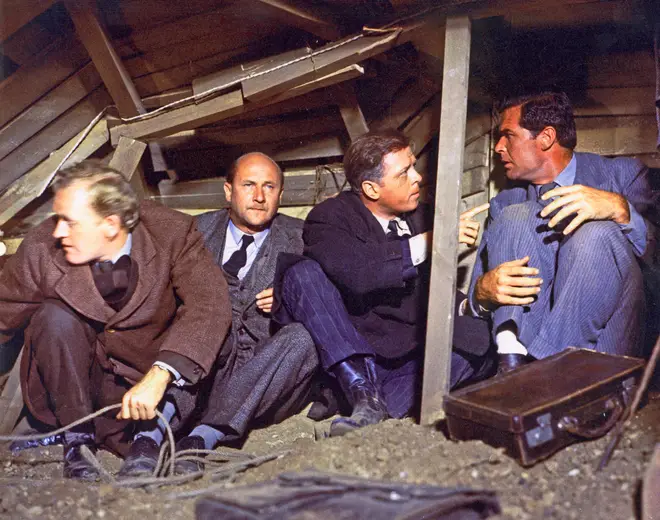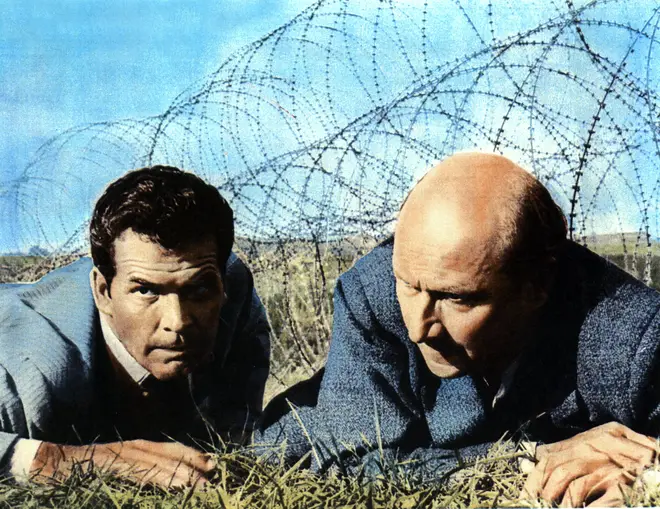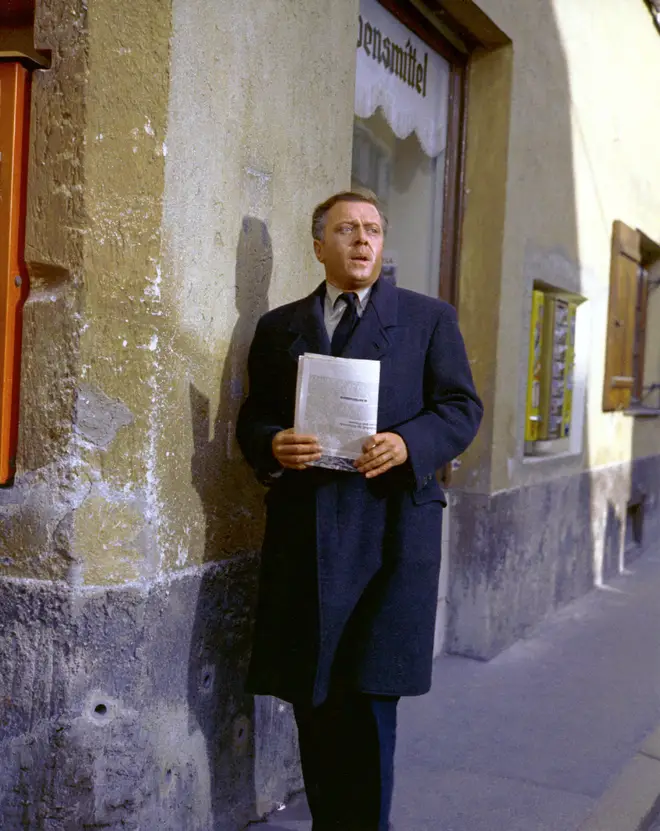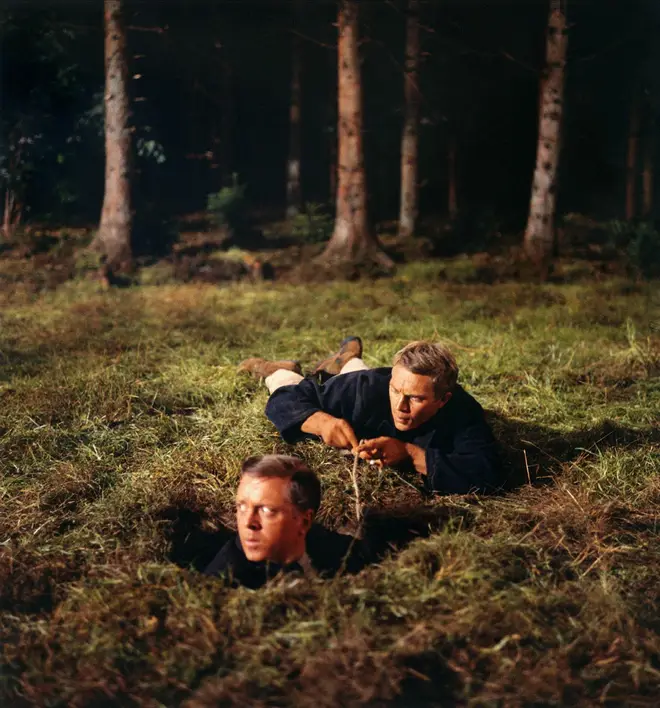
Shelagh Fogarty 1pm - 4pm
22 March 2024, 09:29

The prisoners of war who escaped from a Nazi camp in the Second World War may have been betrayed by English informants.
Seventy-three of the 76 escapees from the Stalag Luft III camp were recaptured, many of them very quickly, and 50 were executed.
Their exploits were made into the Great Escape, the famous film starring Steve McQueen and Richard Attenborough.
One of the survivors, RAF pilot Flt Lt Desmond Plunkett, said after his release from the camp at the end of the war that English informants betrayed the escapees, who made their bid for freedom on March 24 1944.
Like all PoWs freed from the camps, Plunkett had to fill in a questionnaire on his release, which is where he made the claim.

The questionnaire has recently been rediscovered by the National Archives ahead of the 80th anniversary of the escape on Sunday. There is no evidence that his claim was acted upon at the time.
Plunkett, who formed the basis for Donald Pleasence's character in the Great Escape, was shot down over the Netherlands in 1942, only eight days after joining his first operational squadron.
He was sent to Stalag Luft III in modern-day Poland, where he met Roger Bushell, the leader of the escape effort, who was played by Richard Attenborough in the 1963 film.
Bushell put Plunkett in charge of a team making maps. He was the 13th to escape out of the 'Harry' tunnel - a placement no one else wanted - and got into Czechoslovakia, making it as far as the Austrian border before being arrested.

Bushell and 49 others were also arrested, and were executed on the orders of Hitler, who was infuriated by their escape.
On his return, Plunkett underwent torture and mock executions, but survived the war. He wrote a book about his experiences called The Man Who Would not Die, and lived until 2002, when he died aged 86.
It is unclear how the English collaborators are meant to have betrayed their fellow prisoners, or if Plunkett's claims are entirely credible.

Dr William Butler, the National Archives’ military expert and head of modern collections, said: "When Plunkett was returned to a PoW camp he was hospitalised because of the mental toll his experience in Gestapo prisons took on him.
“There’s a suggestion that he blamed himself for the executions of the 50 by accidentally saying something in interrogation.”